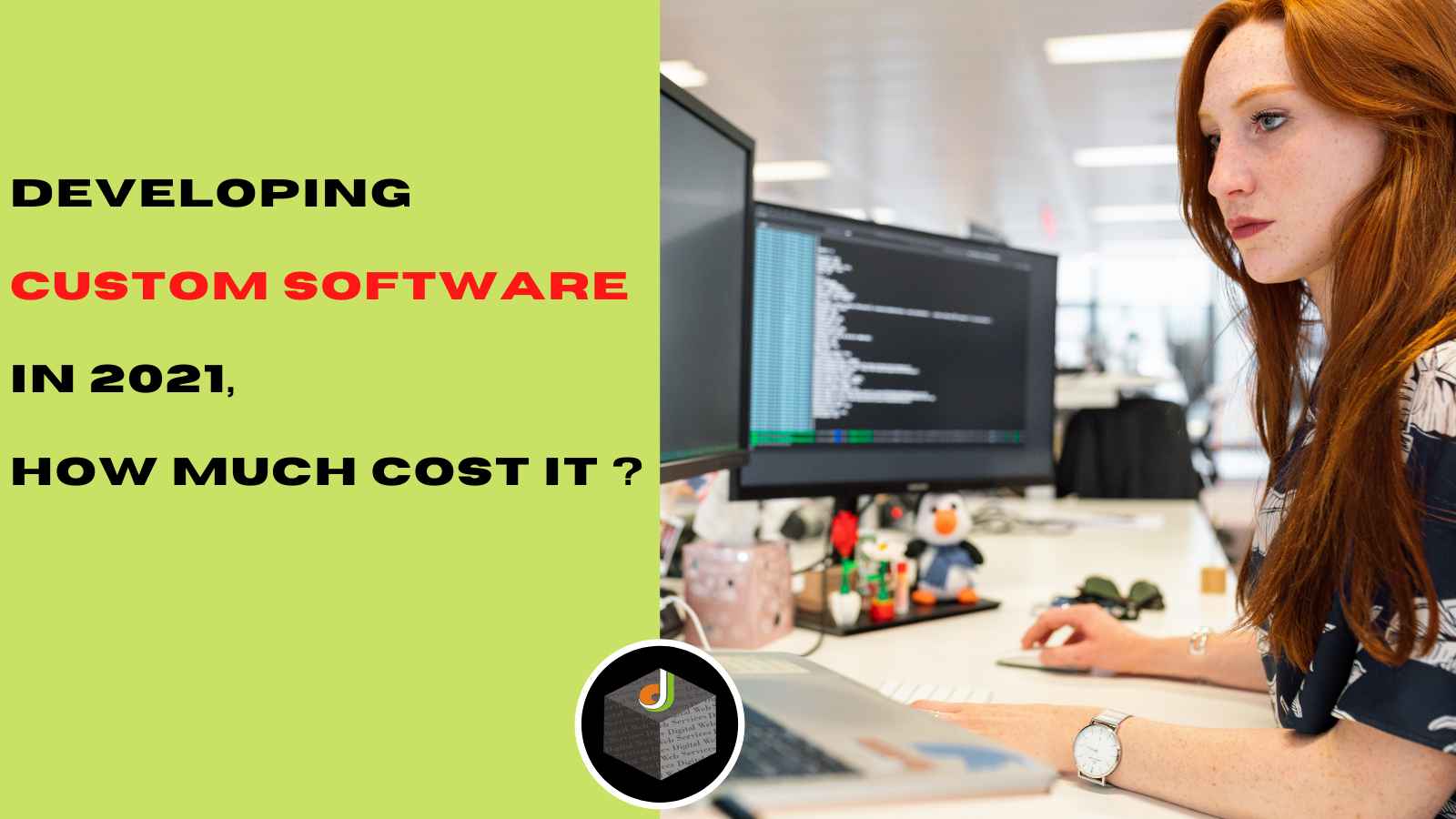
A customized solution could be more adjustable and efficient to your needs, which would positively impact in the long run. At first, a lot of organizations may be put off by how much custom software development cost. Nevertheless, you get to recover your initial investment by addressing the unique issues that off-the-shelf solutions couldn’t handle.
As technology continues to evolve and businesses trying to keep up with the changing requirements of people, having a tailored software solution is paramount. Furthermore, a custom solution makes processes faster and simplified. Still, some companies have not yet adopted a tailored solution.
Why? Because they’re not sure about the cost.
Investing in a Custom Software in 2024
The year is almost over, and despite the health crisis that the whole world is facing today, somehow people managed to get on with their lives, their jobs, and businesses. If you’re considering partnering with a custom software development company in 2024, you should keep in mind that the cost will depend on your requirements and the various factors. Generally, it depends on the kind of software you want to build.
1. Size of Software—the Number of Screens
The software user base size refers to how many end-users there would be for a certain software. The software sizes and the user base are critical components of the cost of development since a solution with a big user base and more modules would have to be more comprehensively optimized and tested. This makes the process of development and testing costly, increasing the cost, overall.
More work could be done with the more screens or pages you have to build your app, and, of course, it would be more expensive. The range for small apps is from 10-25 screens, medium screens are in the 25-40 range, and large is anything over 40.
2. Complexity of the Software App
How complex the system plays a big role in determining the costs. Simply put, it refers to how complex the logic behind the product is. If it’s complicated, then the more challenging it will be to develop, to test, and deploy, meaning it’s more expensive.
Three things could complicate the logic behind a software solution. The development team of a software development company determines the level of complexity of a project after the requirements have been discussed with the clients. Typically, the complexity level is grouped into three, such as basic, medium complex, and highly complex software solutions.
3. UX—Interaction between the Design and End-Users
It’s important to design knowing how many users would interact with the product and how they would interact with it. The interaction between the design and the end-users additionally is another important cost factor. If the solution is for a limited number of people only, the process of designing the UX tends to be much easier, since you could rely on user training.
If you want to develop B2C software on the other hand, which is intended for a big number of people, then, of course, a lot more time and thought would have to go with the design so it would be easy to understand and without areas of confusion.
4. The Platform Deployment
How much the software development costs vary based on the deployment platform since every platform has its specifications. If it’s a mobile device app, it will depend on the operating system, like Android, iOS, or Blackberry. Since each has various devices that the app would be deployed for, the cost for every deployment platform varies as well.
Android, compared to iOS and Blackberry, significantly has more devices, so developing an Android app is costlier. Similarly, if you want to compete with renowned apps such as Uber, you would have to develop for all the major platforms and would need a much higher budget.
5. The Location
The rates in developing software differ in various parts of the world, thus where your location is, has a big impact on the average cost of development. If you are for instance situated in London and opt for an on-shore developer from the United Kingdom, it would be more expensive than opting for developers from other countries.
Your choice of location determines the price you will pay for software development.
6. Existing or External Systems Integration
The cost of developing a software solution depends as well on any specific data migration and integration requirements. Today, most apps need some form of integration with third-party, external systems, like maps, payment gateways, CRM, and/or ERP. Some integrations are straightforward, but others could be complex, takes a lot of time, such as the integration of a third-party reporting system as well as software source databases.
These requirements could significantly drive up the rates of development. Some projects require migration to existing data and could be equally taxing if a big data volume is required to fit in your new system or if it needs major adjustments.
How the Cost is Paid for and How Much is the Cost Calculation?
In terms of payments, every software development company has various payment terms. In general, there’s an upfront fee required to initiate the project. This will be followed by the various product development cycle stages. Expect a total of four to five payment milestones for an average-sized development project.
In calculating the software development cost, there’s no pre-set formula. However, in general, the costs are calculated based on major cost components, including project management, development, UI/UX design, and quality assurance.
Conclusion
The total time required to complete the development of a custom software solution, the technologies used, the scope of the project, and the number of allocated resources form the overall cost of the services. The cost could be anywhere, from $10K and the range extends by the project scope.
Keep in mind that a customized solution provides more flexibility compared to others. As your business grows and expands, the tailored solution could be changed depending on how it boosts business processes. Stay on the competitive edge by investing in a tailored software solution to compete with the growing market, boost customer reach, and expand maximum possibilities.
Digital Web Services (DWS) is a leading IT company specializing in Software Development, Web Application Development, Website Designing, and Digital Marketing. Here are providing all kinds of services and solutions for the digital transformation of any business and website.










